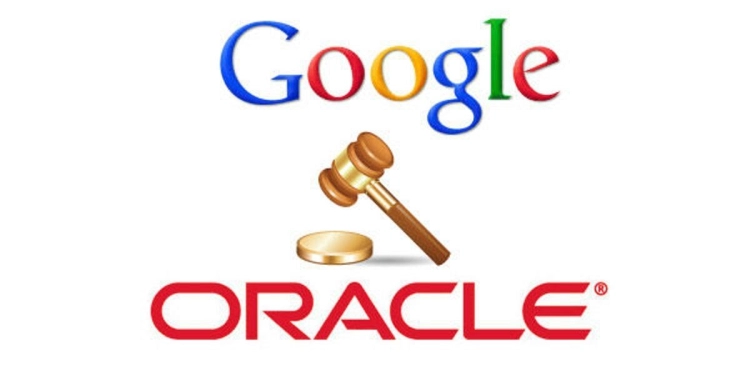After a judicial process that has continued for years, the battle between "Google" and the "Oracle" company specialized in software will reach the US Supreme Court on Wednesday, which will rule in a dispute that has huge implications for the technology sector.
The US Supreme Judicial Forum will hear, in a videoconference, the arguments of the two groups in this file, which was opened in 2010, when Oracle accused Google of using its patents.
And "Oracle" became the owner of the code for the "Java" programming after the purchase of the "Sun Microsystems" patent company.
The group accuses "Google" of copying the way this technology works without an operating license during the first decade of the current century to develop its own operating system "Android" currently used by most of the smart phone manufacturers in the world. Oracle is seeking compensation from Google of nine billion dollars.
As for "Google", for its part, clarifies that the use of "Java" programming was free and available to all developers prior to the acquisition by "Oracle" of "Sun Microsystems".
The controversy has centered ever since on a series of accusations between "Google", which talked about a serious violation of freedom of innovation, and "Oracle", which calls for fair recognition of intellectual property.
And upheld two courts of first instance "Google". However, a federal appeals court went in the opposite direction in 2018, prompting the US giant to seek a Supreme Court case.
The question remains as to whether APIs, a type of coding between software, are actually protected by intellectual property laws.
With the support of many other companies in Silicon Valley, Google asserts that expanding patent protection laws to include APIs would threaten innovation in the ever-evolving digital world.
Google reminds, in documents sent to the court prior to the hearing, that "software developers have long considered that they can freely use information software to develop new programs."
And the "Developers Alliance" organization, which includes application developers and other companies in the sector, warned that "without sharing APIs, each device and program will become an independent island, which will prevent the development of contemporary software."
The anti-monopoly American Institute also indicated that allowing Oracle to retain patents on "Java" codes would "slow down innovation and competition in software-dependent markets" and "lay the foundations for monopolists."
The session was scheduled to take place in the spring, but was postponed due to the Covid-19 pandemic.
The session comes at a time of mounting criticism in the United States and Europe against the growing influence of the information giants.
This legal dispute is not without political backgrounds, as the founder of "Oracle" Larry Ellison is close to US President Donald Trump. On the other hand, "Google" is the focus of an investigation by the US authorities concerned with competition matters.
The US administration also supported the Republic "Oracle", speaking of the impermissibility of depriving innovators of their rights under the pretext of the progress in modern technologies.
And "Google" copied 11,500 lines of information software protected by patents and other information belonging to "Oracle", according to what the Ministry of Justice considered in a document it presented before the session.
The conservative "Hudson Institute" also supports the same position, saying that allowing Google to commit "intellectual property theft" may complicate the task of protecting American companies in the face of industrial espionage attempts by China.
And the camp includes the American Publishers Association, which has considered that weakening the laws related to patents would complicate "the creation and sharing of original works."
In the details, Google and Oracle will confront the concept of "fair use" of technology for the purposes of "transformation", a precise legal term that allows an innovator to enter a complete transformation of a work, without asking permission or paying copyright to its owners.
And Google will stress before the Supreme Court that the first courts considered their use of this technology "fair" and these decisions must be supported.
It will not be announced weeks or months before the decision of the Supreme Court, which has had only eight members since the death of its dean, Ruth Bader Ginsburg, on September 18, 2020.
A ruling in favor of "Google" would end a long-running judicial marathon. If not, the case will likely be referred to lower courts and the judicial process will continue.












